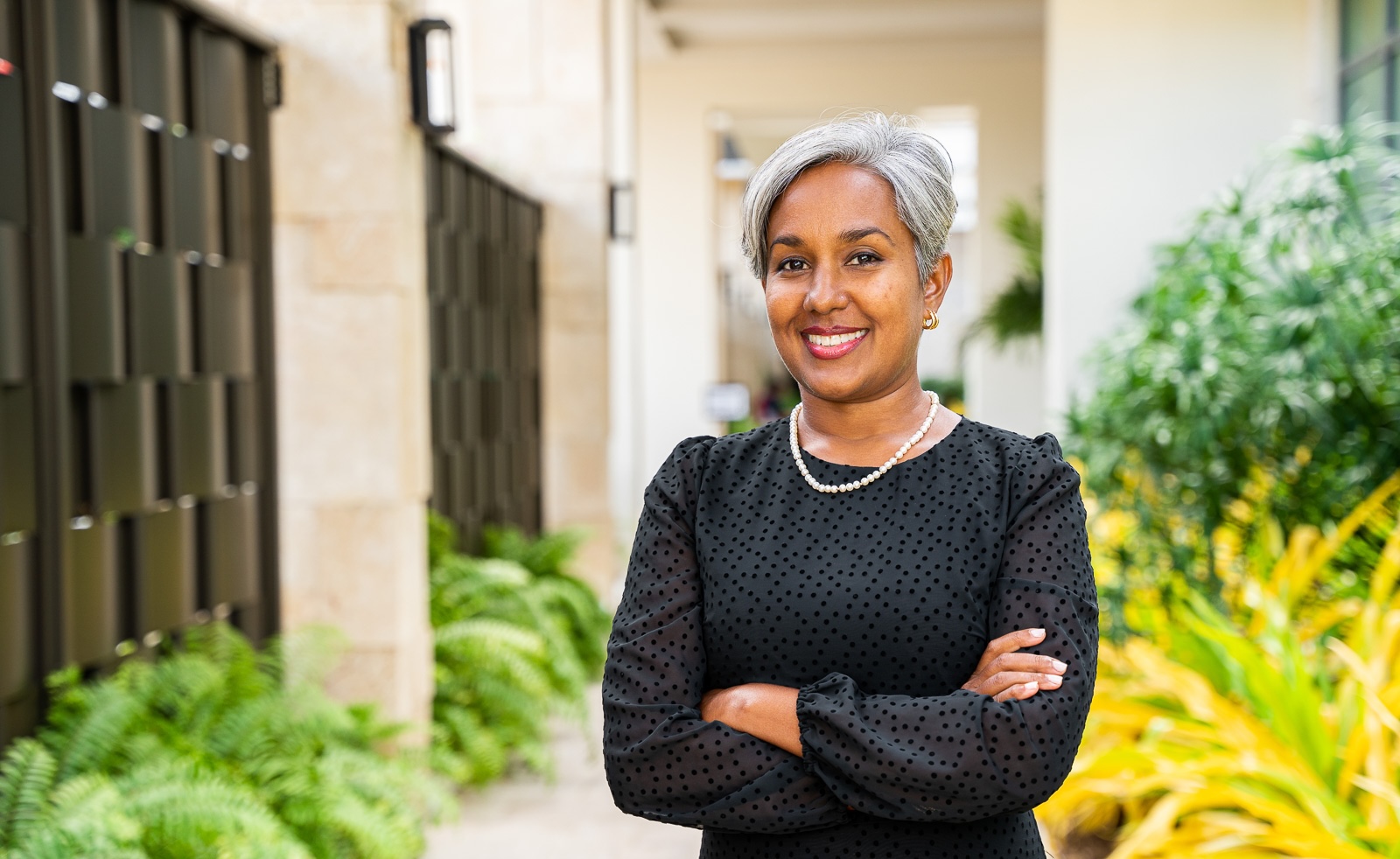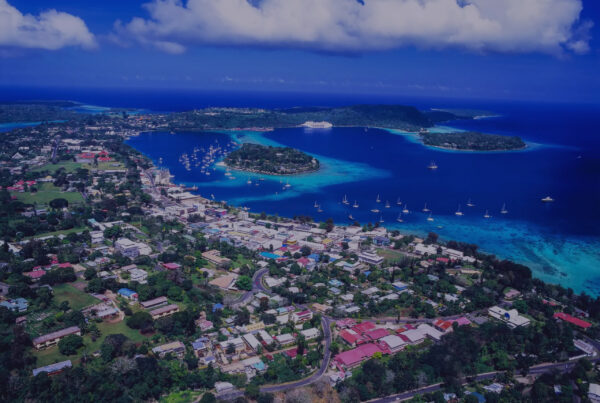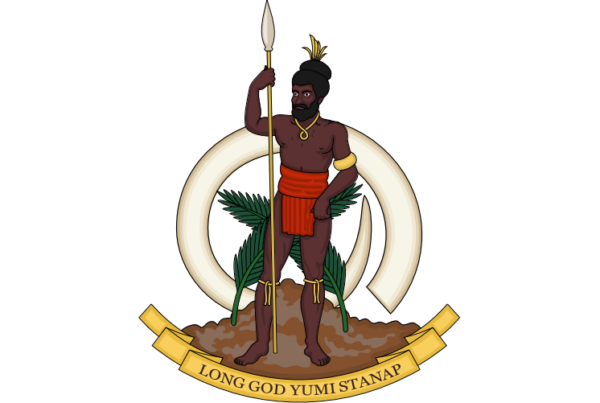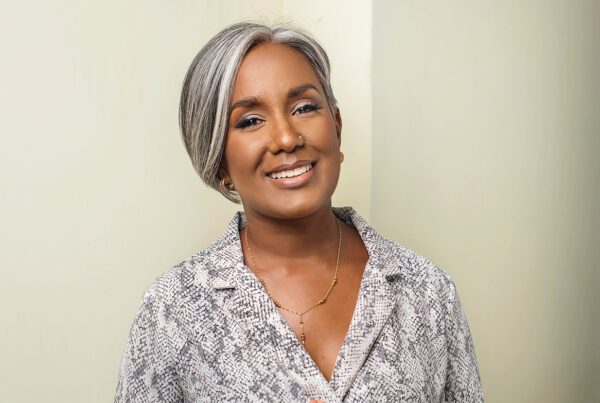By Nicholas Mwai
Vanuatu may be thousands of kilometres from the Caribbean, but according to economist and Caribbean policy advocate Marla Dukharan, the challenges and opportunities facing both regions are remarkably similar.
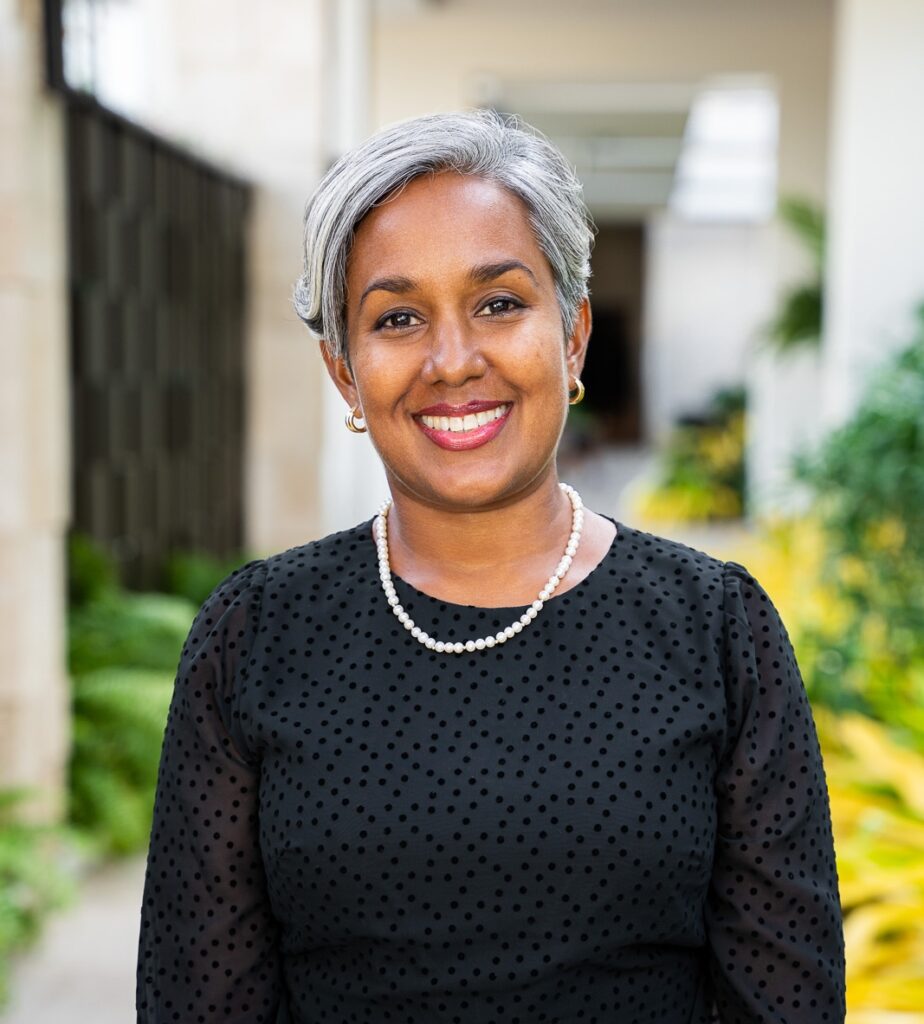
Visiting Vanuatu for the first time last week, Ms Dukharan brought not only fresh perspectives but also valuable lessons from island nations like her own, Trinidad and Tobago. Her main message: Vanuatu has a strong voice at the United Nations (UN), and it should use it.
“Vanuatu never had a voice at the Organisation for Economic Co-operation and Development (OECD), but it does at the UN, and it should absolutely use it,” Ms. Dukharan said during her visit.
Central to her advocacy is the ongoing push for the UN tax convention, a proposal to shift global tax rule-making from wealthy countries to a more inclusive international framework.
Vanuatu, Ms Dukharan says, has already missed key votes in these negotiations, despite the opportunity to end years of unfair financial blacklisting.
“Most of the negotiations are happening online,” she said. “There’s no excuse for not showing up. These talks could help Vanuatu push for fairer treatment, based on its vulnerability to climate disasters and limited economic size. It’s your best shot at getting off those damaging European Union (EU) blacklists.”
Ms Dukharan gained global attention in 2020 with her video “From Blackbirding to Blacklisting,” where she compared colonial-era exploitation to today’s financial power structures. Since then, she’s championed the rights of small island nations and has often cited Vanuatu as a country worth supporting.
“Vanuatu caught my attention as a small, fragmented archipelago with different dialects, much like many Caribbean countries,” she said. “We all once were colonies of extraction… our native populations share a history of devastation through disease and abuse.”
Now that she’s finally visited the country she’s spoken about for years, Ms Dukharan is eager to turn ideas into action. Her agenda included meetings with young Ni-Vanuatu, where she encouraged civic participation and accountability.
“Hold your government officials accountable by making sure they take part in UN negotiations and votes. If they don’t, ask why,” she told students. “Sometimes they won’t act unless you call them out. That’s democracy!”
Ms Dukharan praised Vanuatu 2030: The People’s Plan, calling it a solid roadmap for sustainable development — if implemented with transparency and accountability.
She pointed to Jamaica as an example, where policy success stemmed from a unified national strategy monitored by an independent committee. “It’s how you build trust and measure real results,” she said.
While she acknowledges the constraints small countries face under global institutions like the OECD and Financial Action Task Force (FATF), her advice is firm: shift the mindset.
“Having been a victim of colonialism is an unchangeable fact, but remaining a victim is a choice,” she said. “Help from abroad is valuable, but no one will build this nation for us. That responsibility is ours alone.”
As she concluded her visit, her final call to action echoed the words of the late Barbadian Prime Minister Errol Barrow: “Be friends of all, satellites of none.”


